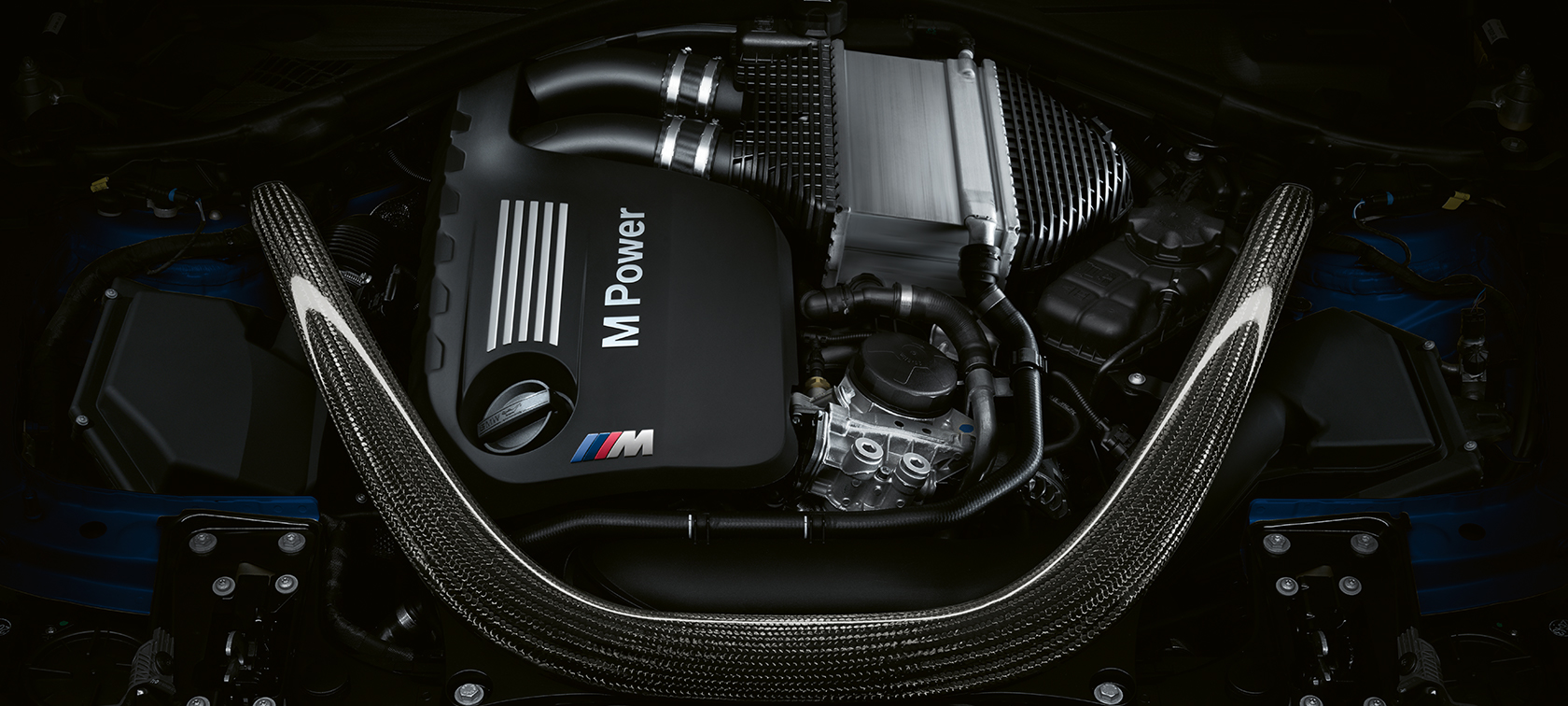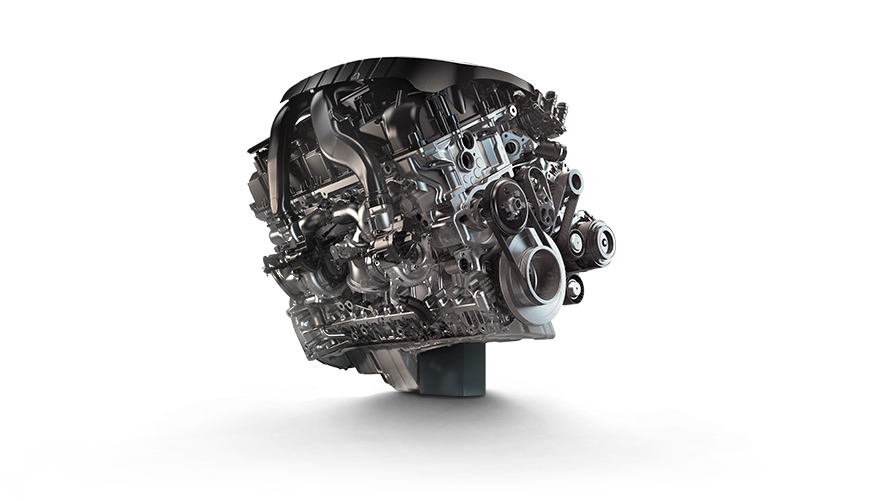Our tool for managing your permission to our use of cookies is temporarily offline. Therefore some functionality is missing.

ENGINE+
The 3,0-litre M TwinPower Turbo inline 6-cylinder petrol engine.
The heart of the BMW M3 Sedan is the M TwinPower Turbo inline 6-cylinder petrol engine. With its tremendous power and unmistakeable sound. Interplay between optimally tuned motorsport technologies permit a thrust of 317 kW (431 hp), which with the optional M Competition package can be increased still further to 331 kW (450 hp).
The heart of the BMW M3 Sedan is the M TwinPower Turbo inline 6-cylinder petrol engine. With its tremendous power and unmistakeable sound. Interplay between optimally tuned motorsport technologies permit a thrust of 317 kW (431 hp), which with the optional M Competition package can be increased still further to 331 kW (450 hp).
FROM 0 TO 100 IN 4.1 SECONDS.

The 3.0-litre M TwinPower Turbo inline 6-cylinder petrol engine blends the best of two worlds: a high-revving character capable of up to 7,600 rpm, and superior power culminating in peak torque of 550 Nm. Bi-turbo direct injection and typical M fine tuning make sure the engine responds directly to even the slightest touch of the accelerator with vigorous thrust and confident traction. Numerous innovations such as sleeveless construction or a lighter, forged crankshaft build on the intelligent lightweight construction concept, improve dynamics and acceleration, reduce consumption and enable an optimum axle load distribution of almost 50:50. The reward: unprecedentedly agile handling that’s impressively underscored by the unmistakable sound of the M engine.
Fuel consumption and CO2 emissions.
BMW M3 Sedan:
Fuel consumption in l/100 km (combined): 8.8 (8.3)
CO2 emissions in g/km (combined): 204 (194)
The figures in brackets refer to the vehicle with seven-speed M double-clutch transmission with Drivelogic.
Consumption data is determined in accordance to the ECE driving cycle, depending on the wheel and tyre sizes selected. The models illustrated include optional equipment.
Further information about the official fuel consumption and the official specific CO2 emissions for new passenger automobiles can be found in the 'New Passenger Vehicle Fuel Consumption and CO2 Emission Guidelines', which are available free of charge at all sales outlets, from DAT Deutsche Automobil Treuhand GmbH, Hellmuth-Hirth-Str. 1, 73760 Ostfildern, Germany, and under http://www.dat.de/en/offers/publications/guideline-for-fuel-consumption.html.
The figures do not refer to an individual vehicle and do not constitute part of the offering; they are intended solely as a basis for comparison of the different vehicle types. CO2 emissions occurring during the production and provision of the fuel or other energy sources are disregarded when determining the CO2 emissions in accordance with Directive 1999/94/EC.